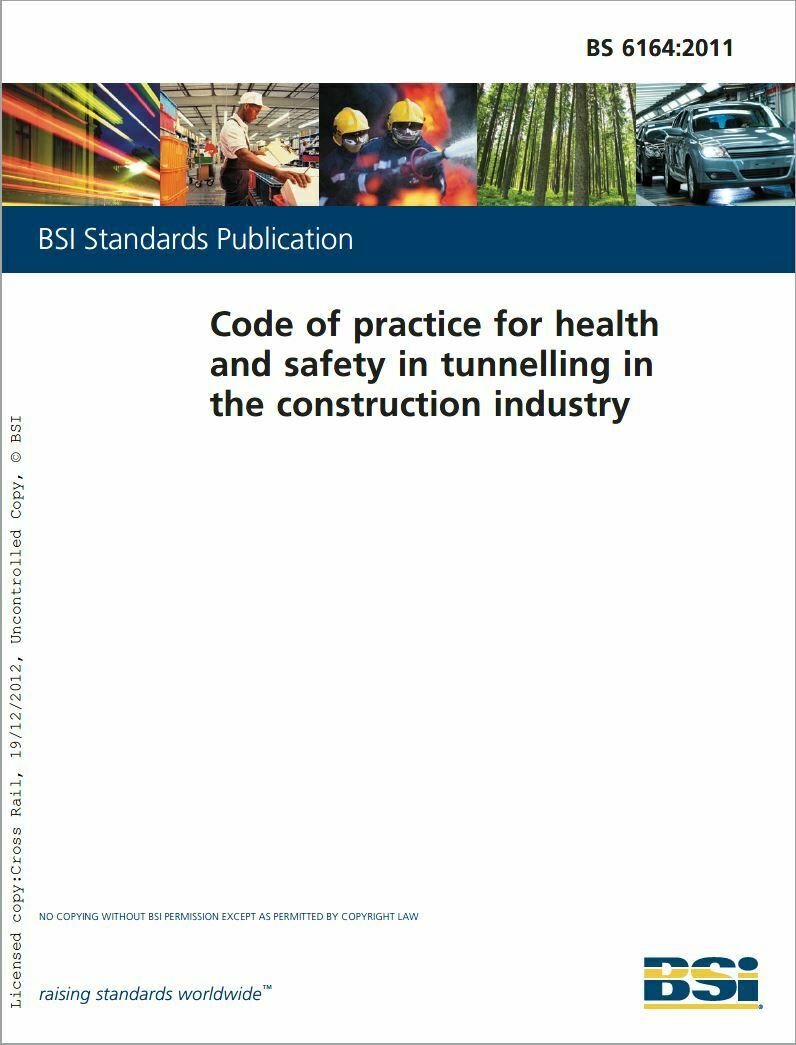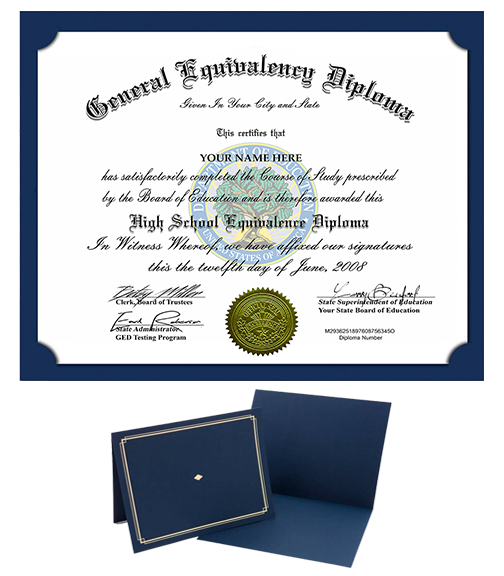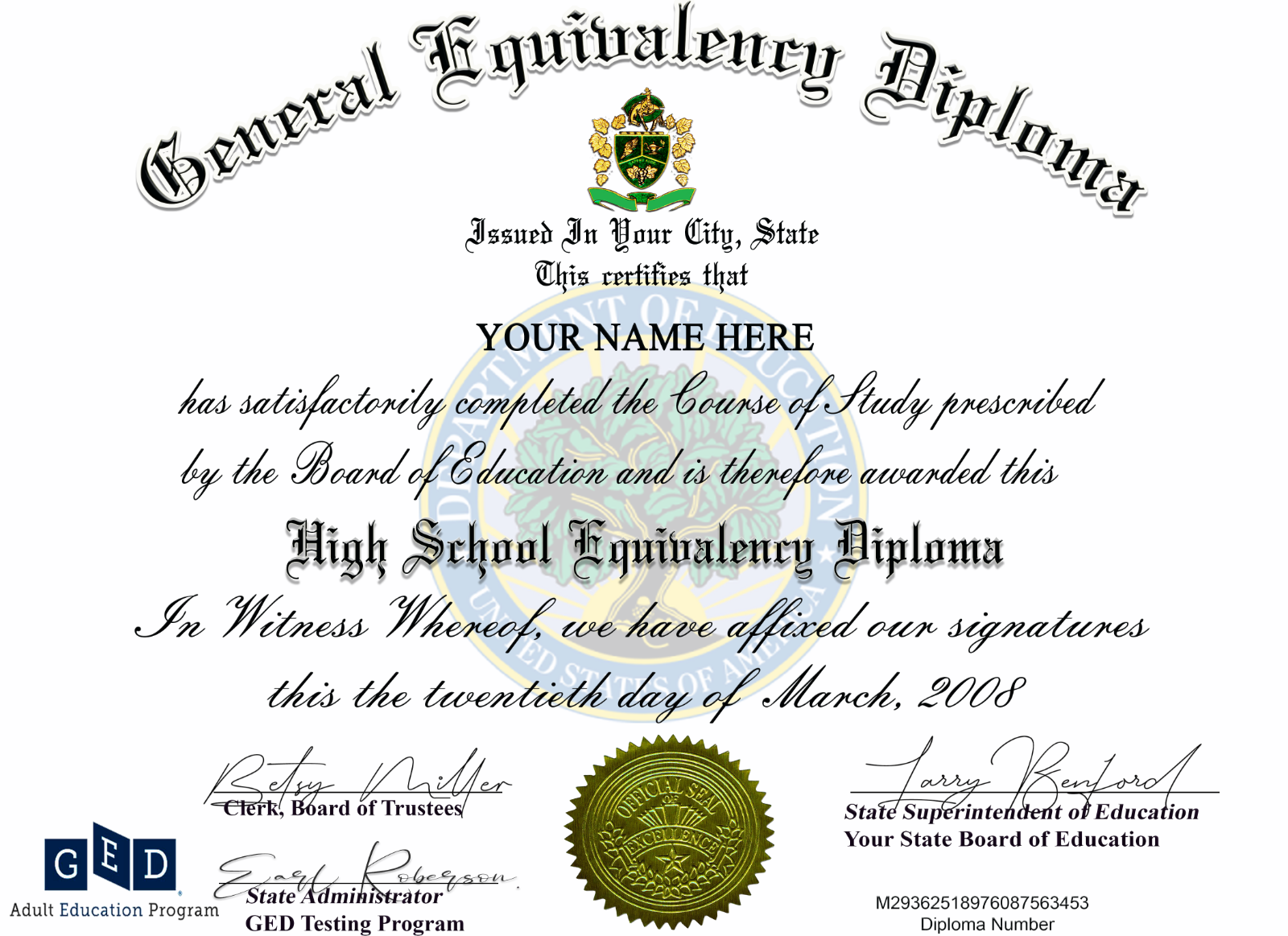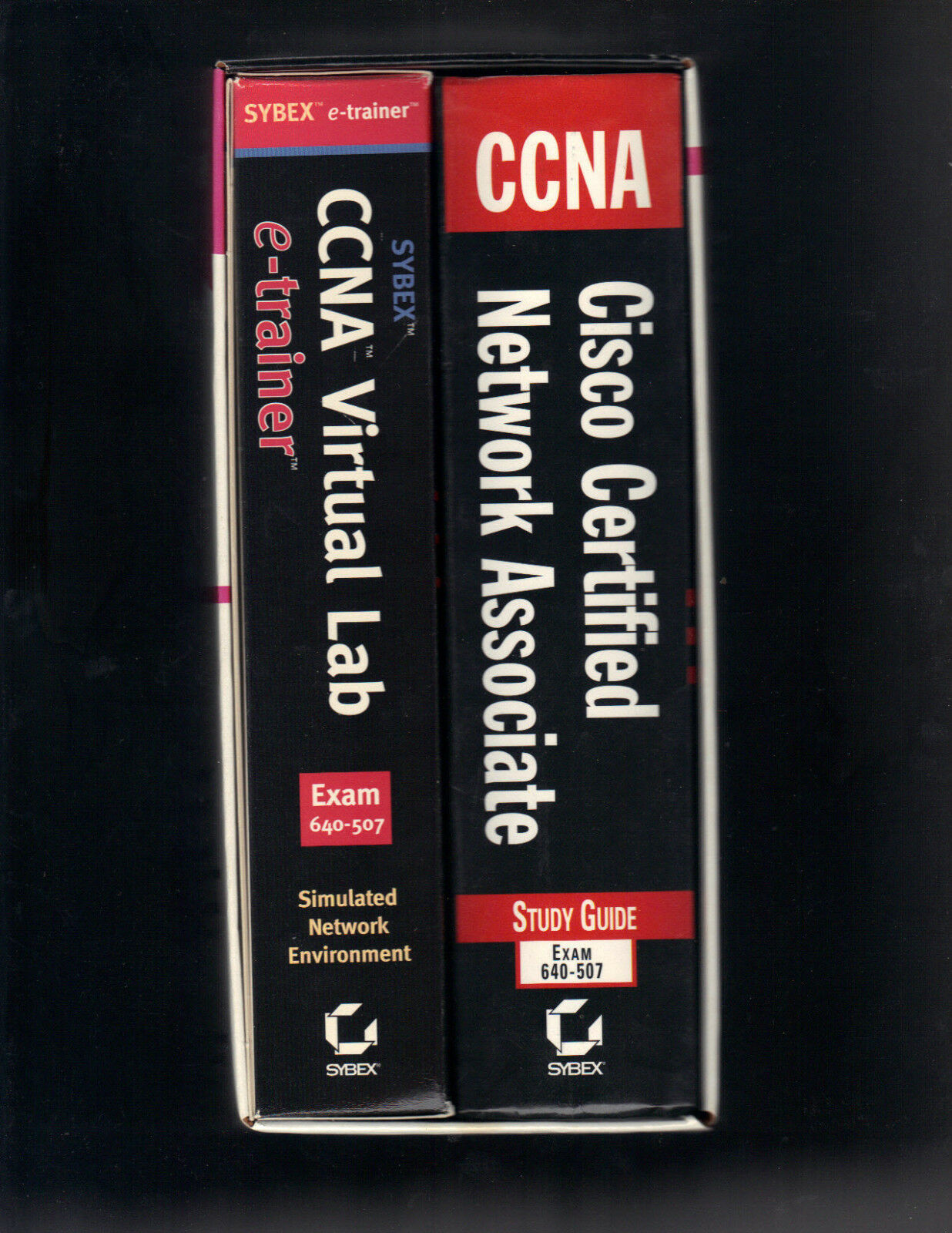-40%
BS 6164:2011
$ 29.04
- Description
- Size Guide
Description
Information about this documentThis British Standard takes into account the advances in technology and
equipment that are available to the tunnelling industry. It also takes account of new techniques and the effect of changes in legislation and guidance relating to health and safety and environmental matters. These changes include The
Construction (Design and Management) Regulations 2007 [1] and the
guidance to
The Work in Compressed Air Regulations 1996 [2]. The document is written
for all involved in tunnelling projects and addresses the safety of both those
engaged in the tunnelling process and those who could be affected by it.
The text follows the pattern established by the previous edition of BS 6164.
Clauses contain recommendations for and guidance on health and safety
practices in shaft sinking and tunnelling. However, the text has been
significantly updated to reflect current and developing best practices.
The International System of Units (SI) is followed in this British Standard, with
the exception of the unit used for pressure, which is the bar.
NOTE 1 bar = 105 N/m2 = 105 Pa.
It has been assumed in the preparation of this British Standard that the
execution of its provisions will be entrusted to appropriately qualified and
competent people, for whose use it has been produced.
This is a full revision of the standard, which reflects also the current changes in
European Standards relating to tunnelling machinery.
As a code of practice, this British Standard takes the form of guidance and
recommendations. It should not be quoted as if it were a specification and
particular care should be taken to ensure that claims of compliance are not
misleading.
Any user claiming compliance with this British Standard is expected to be able to
justify any course of action that deviates from its recommendations.










